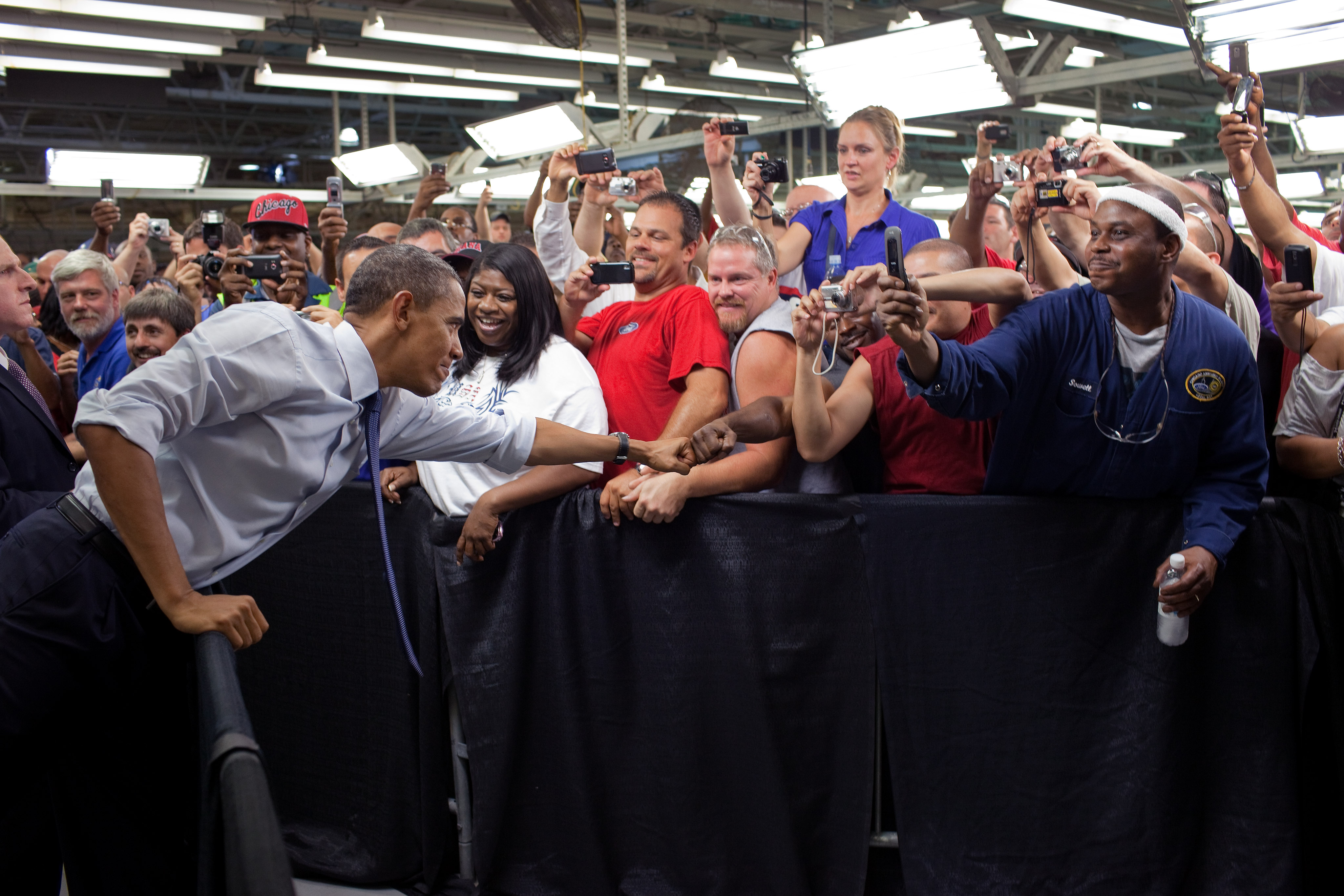Perhaps you’ve heard of the Big Mac Index for comparing currencies. I propose another for measuring inflation. Food prices here in California are way up over the past six months. Where I’ve noticed such stunning […]


Perhaps you’ve heard of the Big Mac Index for comparing currencies. I propose another for measuring inflation. Food prices here in California are way up over the past six months. Where I’ve noticed such stunning […]

I was out looking for my daughter’s cat and saw a huge spider in a web. Believe it or not, I snapped this with the Nexus S smartphone.

My daughter’s cat, Kuma, is recovering surprisingly well following his hit-and-run car accident on September 15. Here he rests on a neighbor’s fence ledge. Photo taken with Samsung Nexus S.

My daughter’s cat, Kuma, caught this little sparrow, which she rescued and I later took to a wildlife shelter. (Featured Image was taken using Fujifilm X100. Vitals: f/4, ISO 200, 1/179 sec, 28mm; 3:42 p.m. […]

While my wife and I visited Ocean Beach Pet Supply, a woman and her daughter brought in a kitten. The woman claimed some guy driving by handed it to her, told her he found it […]

I am getting a late start this morning. Our Maine Coon, Kuma, climbed his first tree today and couldn’t get down. A young woman walking her dog helped our boy reach the ground. Big as […]

Big business plays the kind of blame game that makes four year-olds crying “He made me do it!” seemingly mature. So, I’m not surprised that yesterday before the US Senate Committee on Banking, House & Urban Affairs, Bank of America’s Barbara Desoer blamed investors for the financial institution’s inability to modify more mortgages. It’s not her fault!—she claims. She makes a strange distinction between investors and shareholders, in the process casting blame as misdirection from a much larger problem: Banks and other lenders mishandling mortgage/foreclosure paperwork.

The Wall Street Journal‘s number of the week is startling. “107: How many months it would take to sell banks’ current and shadow inventory of foreclosed homes.” If Journal reporter Mark Whitehouse is right, banks will need 9 years to clear their foreclosure inventory. But I wonder. Could it be longer?

My answer is yes. Artificially created debt is cholesterol clogging the arteries of consumer spending. The economy that created the debt is gone. Only by surgically removing debt can Americans freely spend, thus pumping fresh blood to the heart of the U.S. economy. But, hey, I’m no economist, although in 2005 I rightly predicted the housing bubble’s collapse and much of the aftermath. Surely such insight is worth something.
It was sickening enough when British oil giant BP set new standards for corporate scumbaggery in the Deepwater Horizon oil spill, turning the Gulf of Mexico into its own personal toilet and imperiling entire species […]

What a simply smart idea—set up outside the grocery store and collect food donations for the needy. September 5, 2010, I spotted Mama’s Pantry in front of Ralph’s supermarket in San Diego, Calif.’s Hillcrest neighborhood. on. The concept of fundraising food shoppers is so mind-boggling sensible, it’s stunning more charities don’t go to the food source—the local market.

Have you ever heard of a “test” store? I hadn’t until yesterday (Aug. 25, 2010). Abercrombie & Fitch supposedly has one in downtown San Diego. Shopping there meant spending 20 percent more on a pair of sweatpants for my daughter than at another store a few miles away.